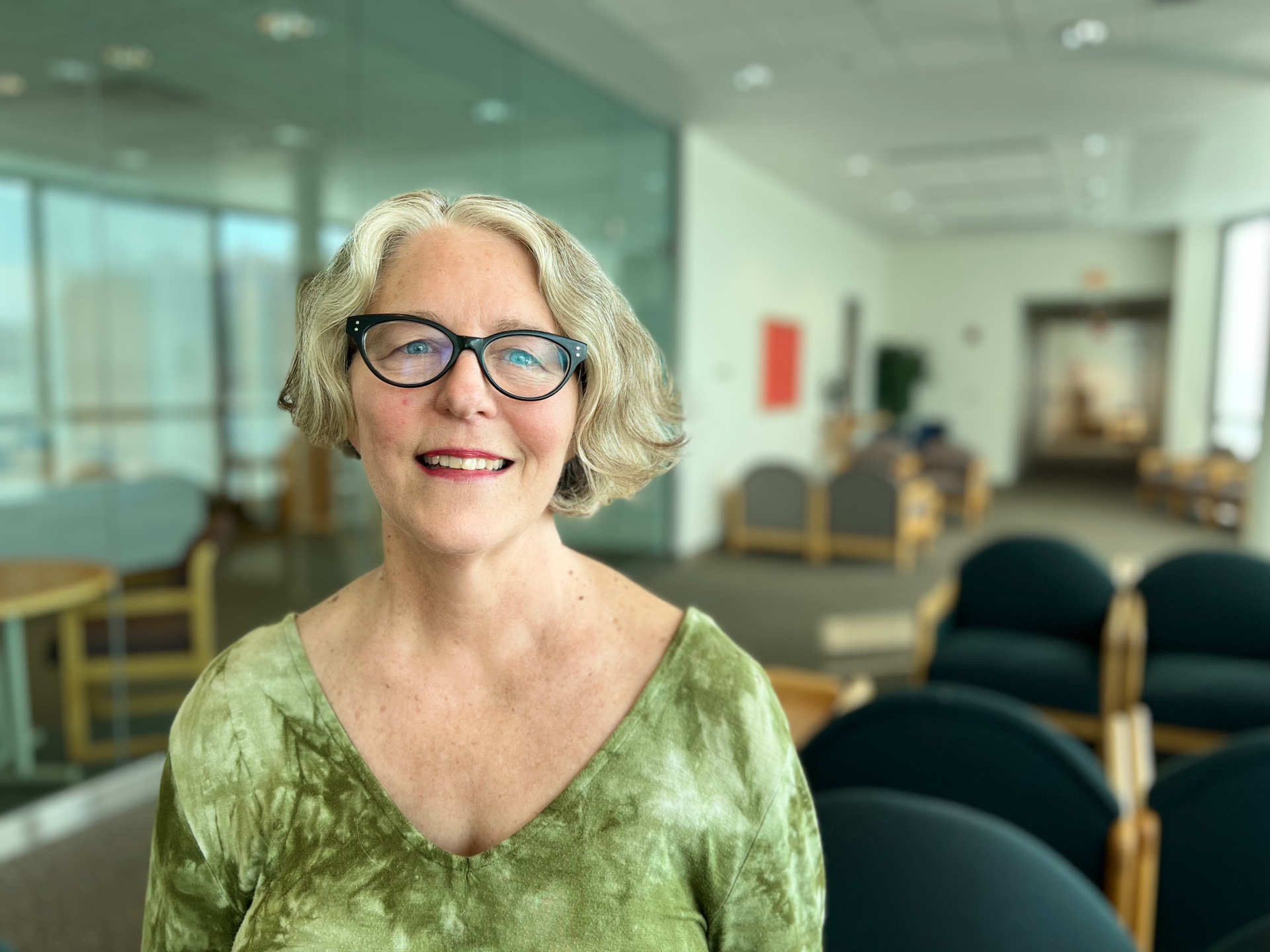Monica Maria Tetzlaff

Monica Tetzlaff, Ph.D. (University of Pennsylvania, 1995)
Associate Professor of History
Wiekamp Hall, Room DW3263
(574-520-5515
mtetzlaf@iusb.edu
Mailing Address:
Department of History
Indiana University South Bend
1700 Mishawaka Avenue
PO Box 7111
South Bend, IN 46634-7111
Monica Maria Tetzlaff is Associate Professor of History. She is also a faculty member in Sustainability Studies, Women’s and Gender Studies, and African American Studies. Prof. Tetzlaff teaches nineteenth and twentieth century American History, as well as nineteenth and twentieth century African History. In the area of Sustainability, she has taught a First Year Seminar called Humans and the Environment for approximately 20 years, along with a Master of Liberal Studies Seminar called Environmental Movement Writings. Prof. Tetzlaff received her PhD in History from the University of Pennsylvania. She served as Director of the Civil Rights Heritage Center from 2006-2009. In 2014-2015, Tetzlaff was awarded a Fulbright Fellowship to be a visiting professor at the University of Ghana Legon, Institute of African Studies. Tetzlaff is currently researching the background of Martin Luther King, Jr.’s speech during his visit to South Bend in 1963.

